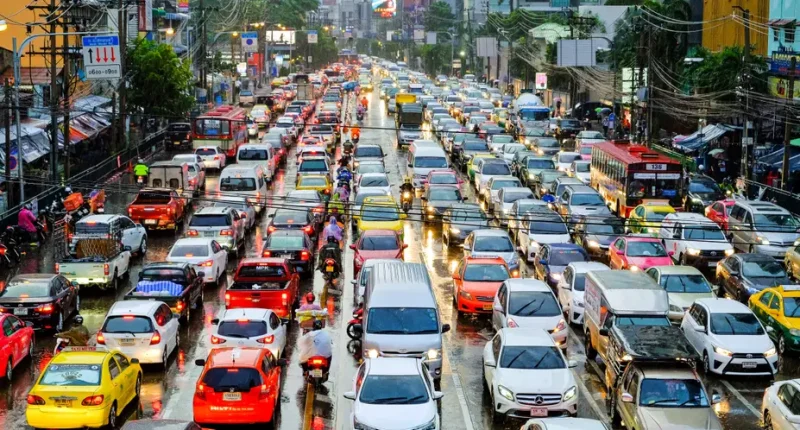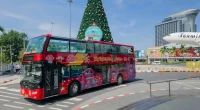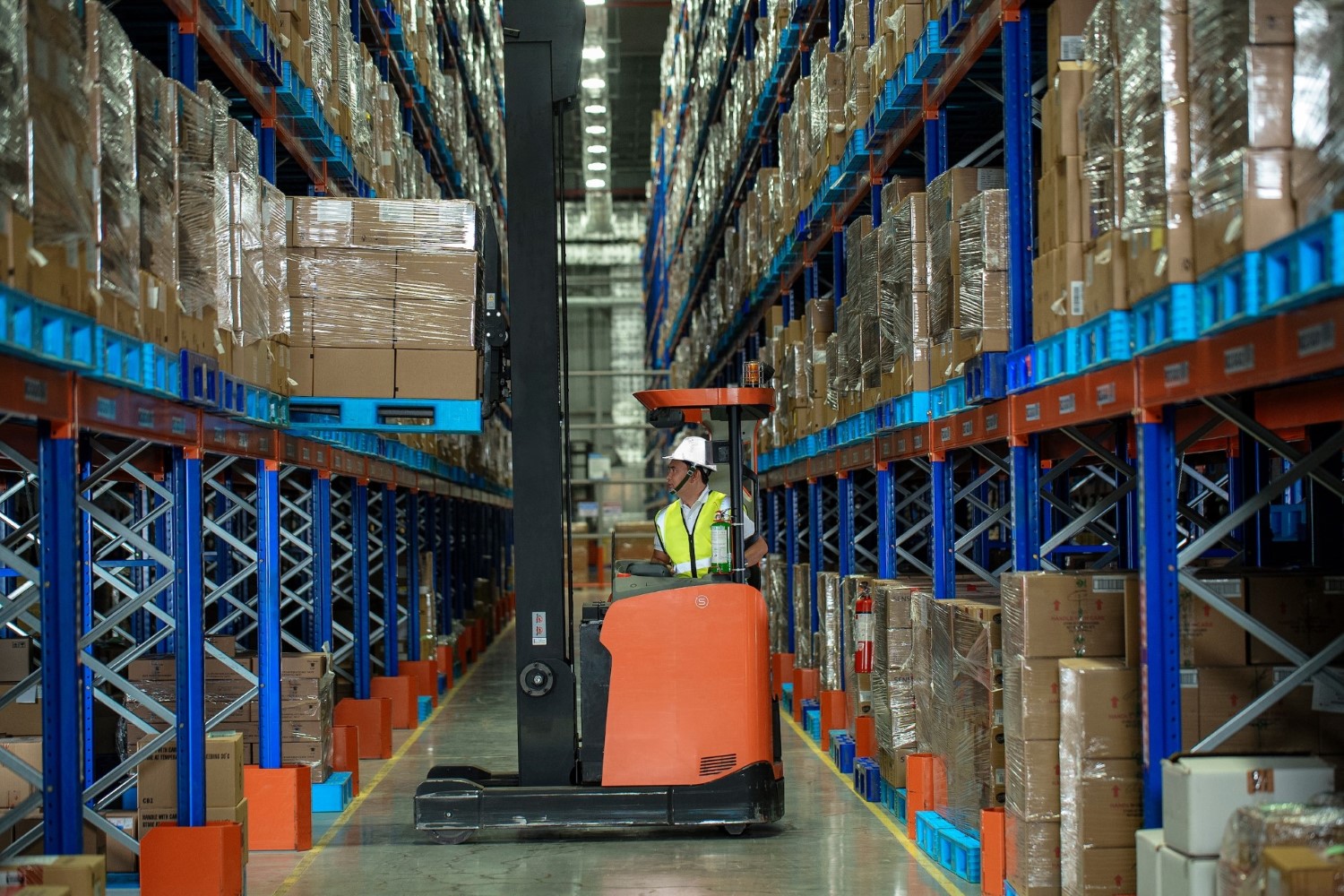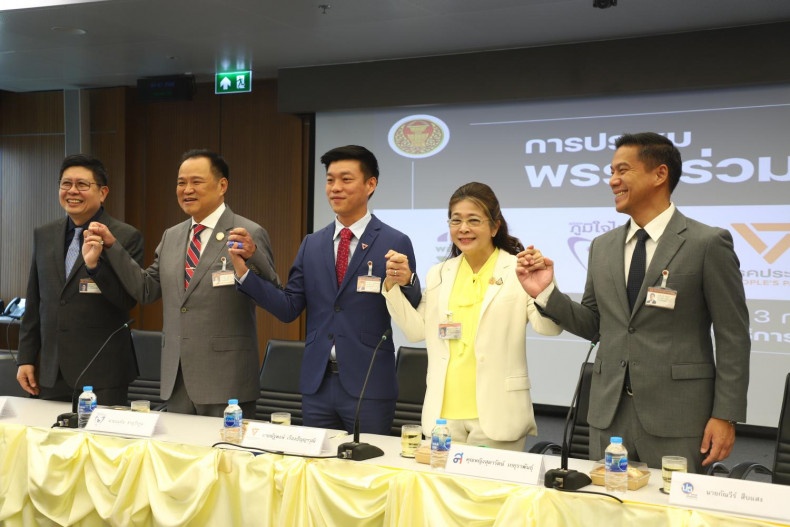The Ministry of Transport in Thailand recently countered claims that its traffic congestion fee proposal will favor private sector interests. Deputy Transport Minister Surapong Piyachote clarified that the plan, proposed by Transport Minister Suriya Jungrungreangkit, is focused on improving mass transit infrastructure and reducing pollution, rather than generating benefits for private companies.
Addressing the Traffic Congestion Fee Proposal
In response to public concerns, Deputy Transport Minister Surapong Piyachote explained the proposed traffic congestion fees, which would apply to motorists using congested routes in Bangkok that are serviced by electric train lines. The fee, estimated to range between 40 and 50 baht per vehicle, is intended to mitigate congestion on busy roads while promoting the use of public transit options.
Fund Allocation for Public Transit Improvements
Revenue from the congestion fees will contribute to a 200-billion-baht fund earmarked for buying back concessions from private companies that currently hold stakes in electric train lines. This buy-back will allow the government to implement a standardized 20-baht flat fare across all electric train lines. Currently, this fare model is available on the State Railway of Thailand’s Purple and Red lines.
Opposition’s Concerns Over Prioritization and Scope
Bangkok MP Suphanat Meenchainan from the opposition People’s Party raised concerns that the fees might benefit private concessionaires while potentially impacting the daily commute of Bangkok residents. Suphanat suggested that the government prioritize resolving issues with public buses, which are the primary mode of transport for many in the city.
Potential Impact on Commuters and Private Sector Interests
Suphanat questioned whether implementing a congestion fee will disproportionately push commuters toward electric trains, benefiting private companies operating these services. He also highlighted challenges the Ministry faces in expanding bus routes across Bangkok, suggesting that a more comprehensive approach is needed to address the public transit system’s existing issues.
Ministry’s Assurance of Accountability and Environmental Focus
Deputy Minister Surapong reassured that the Ministry of Transport is committed to transparency and accountability in implementing the traffic fee system. He emphasized that the congestion fee will support sustainable urban development, reducing pollution by addressing PM2.5 dust particles in the air due to vehicle traffic.
Environmental Objectives of the Congestion Fee
The Ministry of Transport reported that approximately 390,000 vehicles operate daily on Bangkok roads, significantly contributing to elevated pollution levels. According to Surapong, managing traffic flows and encouraging public transportation use through targeted fees is part of a broader effort to improve air quality and address pollution.
Conclusion
Thailand’s congestion fee proposal is designed to create long-term benefits for Bangkok’s transit system by supporting a flat fare policy for electric trains and addressing traffic-related pollution. While the opposition has raised concerns about potential private sector advantages, the Ministry of Transport remains focused on public transparency and environmental responsibility in the fee’s implementation.









